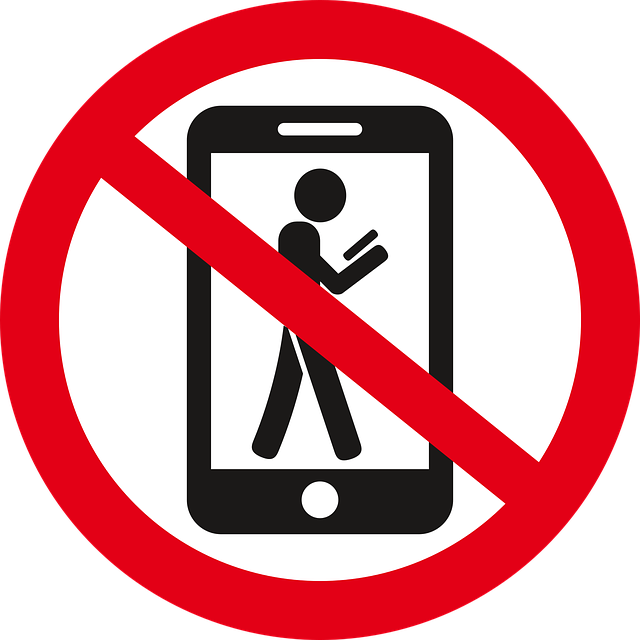North Carolina's Telemarketing and Consumer Fraud Act (TCFA) protects consumers from unwanted calls, especially from law firms. To avoid legal penalties, businesses must understand consent requirements and follow the state's Do Not Call Registry. When documenting telemarketing for legal action, capture detailed information including dates, times, caller details, call purposes, transcribed conversations, and offers. Effectively pursue legal action by rigorously collecting evidence using specialized software and secure storage methods. After documenting violations, review relevant regulations, gather documentation, and file a complaint with the North Carolina Department of Justice or consult an attorney.
In North Carolina, understanding and documenting telemarketing calls is crucial to protect your rights. With various consumer protection laws in place, knowing how to document these interactions for potential legal action is essential. This guide navigates the process, from grasping the state’s telemarketing regulations to collecting and preserving evidence effectively. By following these steps, you can take proactive measures against unwanted calls and explore legal avenues if necessary, ensuring your rights are upheld without engaging with call centers or law firms.
Understanding Telemarketing Laws in North Carolina

In North Carolina, telemarketing laws are governed by the Telemarketing and Consumer Fraud Act (TCFA), which includes provisions to protect consumers from unwanted calls, specifically from law firms. One key aspect is understanding what constitutes consent. Consumers must give clear and explicit permission for their phone numbers to be used in marketing efforts. This means that if you have not opted into receiving such calls, any telemarketing call from a law firm can potentially violate the TCFA.
Additionally, NC’s Do Not Call Registry plays a significant role. Consumers who register their phone numbers on this list cannot receive unsolicited sales or promotional calls, including those from law firms. Businesses that ignore these restrictions face legal repercussions under the TCFA, which includes fines and potential class-action lawsuits. Therefore, it’s crucial for telemarketers and law firms to respect consumer choices and adhere to the regulations designed to safeguard privacy.
Documenting Call Details for Legal Action

When documenting telemarketing calls for potential legal action in North Carolina, capturing detailed information is paramount. Start by recording the complete date and time of each interaction, along with the caller’s name, company, and any identifying information they provide. Note down the purpose of the call—whether it’s a sales pitch, solicitation, or an attempt to gather consumer information.
Additionally, transcribe significant conversations, focusing on any promises made, misrepresentations, or aggressive tactics used. Include details about the caller’s tone, language, and any threats implied. Keep records of any offers or agreements made during the call, as these could be crucial in supporting your case. Remember, accurate documentation is essential to build a strong legal argument against unauthorized telemarketing practices, especially when seeking protection under North Carolina’s “Do Not Call” laws.
Evidence Collection and Preservation

In North Carolina, documenting telemarketing calls for legal action involves a meticulous process of evidence collection and preservation. The first step is to maintain all call records, including dated notes, scripts used, and detailed logs of each interaction. This can be done through specialized software designed to track and record incoming calls, ensuring an accurate account of the conversation. Additionally, any documentation or materials shared during the call should be preserved, such as emails, brochures, or recorded messages left with the caller.
Preserving this evidence is crucial, especially when considering the “Do Not Call” laws in North Carolina. It’s essential to store these records securely and organize them chronologically. Digital backups and secure cloud storage can ensure that all data remains intact and easily accessible if needed for legal proceedings. This thorough documentation will play a vital role in supporting your case and demonstrating compliance with telemarketing regulations.
Navigating Legal Procedures After Documentation

After thoroughly documenting telemarketing calls, especially those involving alleged violations of “Do Not Call” laws in North Carolina, it’s crucial to understand the next steps. The first order of business is to review state and federal regulations regarding consumer rights and telemarketing practices. In NC, the North Carolina Department of Justice (DOJ) plays a significant role in enforcing Do Not Call lists.
Next, gather all relevant documentation, including call records, scripts, and any communications with the telemarketer or law firm. This evidence will be pivotal when filing a complaint with the DOJ or pursuing legal action through a private attorney. Remember, clear and concise documentation increases the chances of a favorable outcome.






